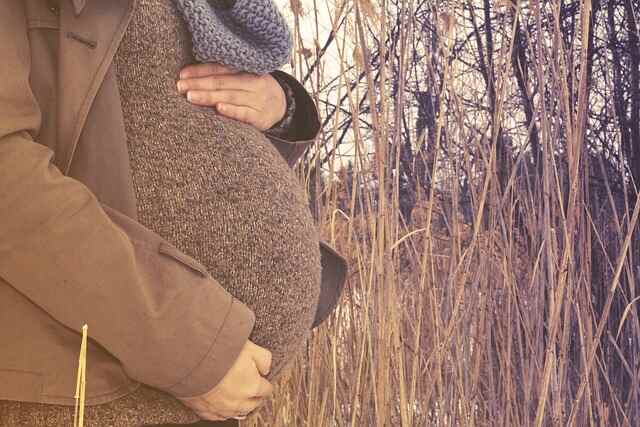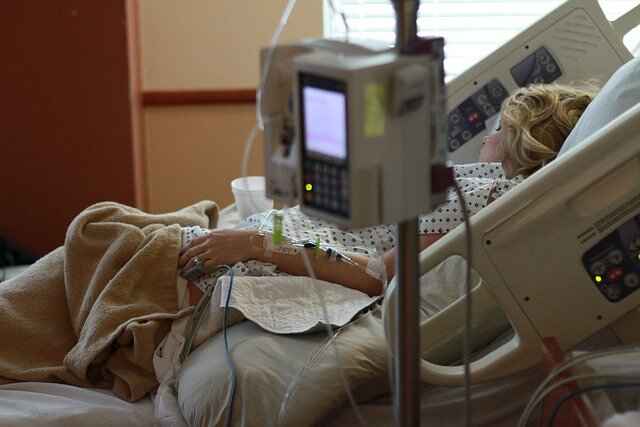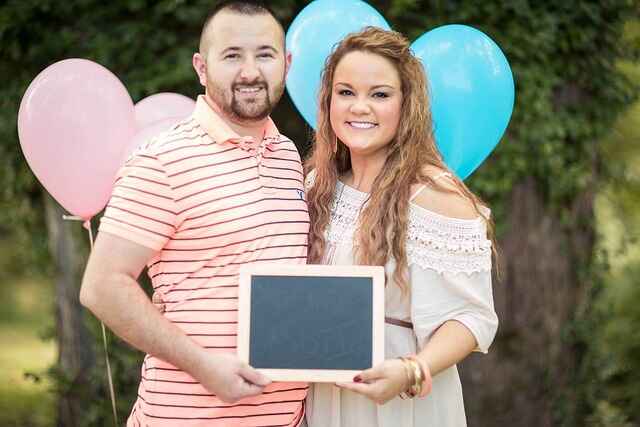Although it can be perplexing and alarming, getting your period a week after a positive pregnancy test is really much more common than you might think. The so-called “chemical pregnancy” may have happened to you.
Many women who have a chemical pregnancy are completely unaware that they are pregnant. However, having a chemical pregnancy does not mean that you are unhealthy or that you won’t ever give birth to a healthy child.
What is a Chemical Pregnancy?
An extremely early pregnancy loss known as a chemical pregnancy occurs when an egg is fertilised, implants in the uterus, but is unable to develop properly. It often happens between weeks four and five of your menstrual cycle.
A fertilized egg implants in the uterine wall during pregnancy about three weeks after the first day of your last period. By the time of your anticipated period, the human chorionic gonadotropin (HCG) levels in the cells that will later form the placenta are high enough to be detected on a blood or urine test.
The cells do not fully mature into an embryo and placenta during a chemical pregnancy since this implantation does not proceed. A few days to a week after your regular period is due, you start bleeding as a result. Pregnancies caused by chemicals happen frequently. In fact, according to specialists, conceptions may account for up to 50% of all extremely early pregnancy losses.

Signs of a chemical pregnancy
Many women are unaware that they are pregnant chemically. Voici some signs that you might have experienced a chemical pregnancy:
Implantation bleeding vs. a chemical pregnancy
After a positive pregnancy test, little bleeding or spotting doesn’t always indicate a chemical pregnancy. Light implantation bleeding, which is an indication of pregnancy in some women (but not all), can happen.
Contrarily, severe bleeding and cramping similar to menstruation during pregnancy may portend an impending early loss. The American College of Obstetricians and Gynecologists (ACOG) advises calling your doctor in any case if you suffer any bleeding following a positive pregnancy test.
What causes a chemical pregnancy?
Chromosome abnormalities are the primary factor in the majority of early pregnancy losses, including chemical pregnancies. An egg and sperm join forces during conception to create a zygote with 46 chromosomes by fusing 23 chromosomes from each partner. An artificial pregnancy:
- A sperm or an egg either has too many or not enough chromosomes.
- The resulting zygote (early embryo) contains an abnormally high number of chromosomes after conception.
Chemical pregnancy risk factors
You run the risk of losing an early pregnancy because of a number of risk factors. These consist of:
- age of 35 or more
- clotting issues that are untreated
- thyroid issues untreated
- additional medical issues, like uncontrolled diabetes
Also Read: What is Hypothyroidism? Symptoms, Complications & Treatment
Chemical pregnancies and IVF
If you’ve undergone in vitro fertilization (IVF), chemical pregnancies are also a possibility. In fact, they can happen rather frequently following IVF or another fertility technique. The good news is that, in contrast to women who have solely negative pregnancy tests, an early pregnancy loss like this one can increase the likelihood of conceiving during subsequent IVF rounds.
Even while a chemical pregnancy following infertility treatments is undoubtedly discouraging and can even lead you to give up on IVF entirely, science is on your side.
Recovery and grief after a chemical pregnancy
An early pregnancy miscarriage may look more like a cycle without a pregnancy than a chemical pregnancy. However, emotionally, it can be an entirely different tale.
During their recovery from a chemical pregnancy, expectant moms or mothers-to-be may encounter obstacles. Remind yourself that it’s quite normal for feelings to come back and change.
Making a memorial for your baby, scheduling time for self-care, keeping a journal of your emotions, or joining a support group for parents who have gone through a similar loss are some specific actions you can do as part of your healing process.
Although it might seem unfair at the time, doctors actually view a single chemical pregnancy as a positive sign that you can get pregnant — and hopefully will again soon.

Trying to get pregnant again after a chemical pregnancy
Even though very early pregnancy losses typically don’t need medical attention, you should still see your doctor if you think you might have. If you’ve discovered that you frequently experience irregular periods or cycles that are longer than 35 days, make an appointment with your doctor right away. Always recommend seeing a doctor if:
- You are under 35 years old, your spouse is as well, and you two have been actively trying to get pregnant for the previous 12 months.
- You are over 35 years old and have been trying to get pregnant for six months.
- You’ve been trying to conceive for three months and are over 38 years old.
- Having an infertility history, either personally or genetically, or being over 40.
It can be distressing to experience one or two chemical pregnancies, but this is not cause for concern. Most medical conditions that may be causing your chemical pregnancies can be treated, allowing you to eventually conceive a healthy child. That implies that you can begin trying again as soon as you feel prepared.
Also Read: Know Why Pregnant Women Must Drink Coconut Water Every day or Quite Often!





